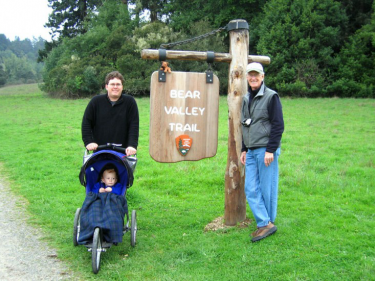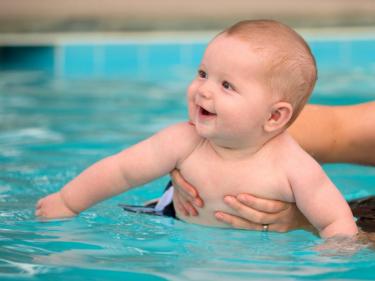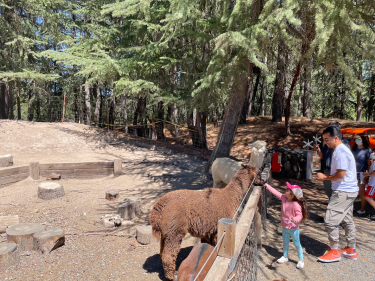Vaccinating Our Littlest Kids Against COVID-19
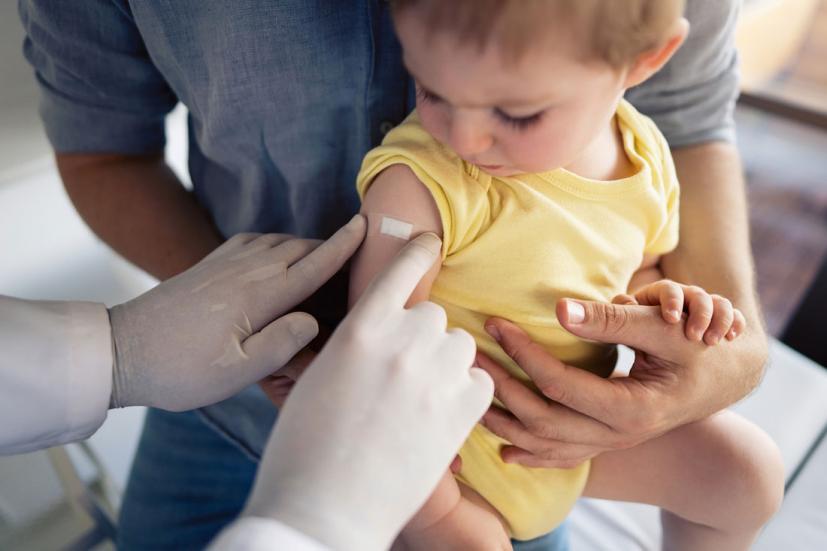
Marin Mommies presents a sponsored article from MarinHealth Medical Center in Greenbrae. Karin Shavelson, MD, FAAP, is the chief medical officer at MarinHealth Medical Center and a board-certified pediatrician.
There are nearly 20 million children under the age of 5 in the US. In mid-June, the news many parents have been eagerly awaiting finally broke: the FDA has granted emergency use authorization (EUA) for COVID-19 vaccines for children ages 6 months – 5 years.
In keeping with the position of the Centers for Disease Control and Prevention (CDC) and the California Department of Public Health, MarinHealth® recommends vaccination for children under the age of 5. The many reasons to vaccinate these youngest children include:
- While serious illness is more common in adults than in children, COVID-19 can still make kids sick. Thousands of U.S. children have been hospitalized with COVID-19 and more than 1,000 have died. During the Omicron wave, unvaccinated children ages 5-11 were twice as likely to be hospitalized with COVID-19 than vaccinated children, and 1 in 5 of those who were hospitalized required ICU-level care.
- Children with pre-existing conditions have an elevated risk for severe COVID-19. However, during Omicron, 63% of children under 5 years hospitalized with COVID-19 did not have any underlying conditions.
- COVID-19 can have long-term consequences, including a rare but serious condition called Multisystem Inflammatory Syndrome in Children (MIS-C). This can develop after a COVID-19 infection even if the child had no symptoms. There have been more than 960 cases of MIS-C in California and many of these children ended up in the ICU.
- We are still learning about the ongoing impacts of COVID-19 infection, or “Long COVID.” Some children have experienced ongoing respiratory, cardiac, and neurologic symptoms. Children who have been infected with COVID-19 also have an elevated risk of developing diabetes.
- Very young children are particularly efficient at spreading the virus and can easily pass it on to someone who is elderly, unvaccinated, or immunocompromised. Vaccinating a young child helps protect not only that child, but also their entire household and community.
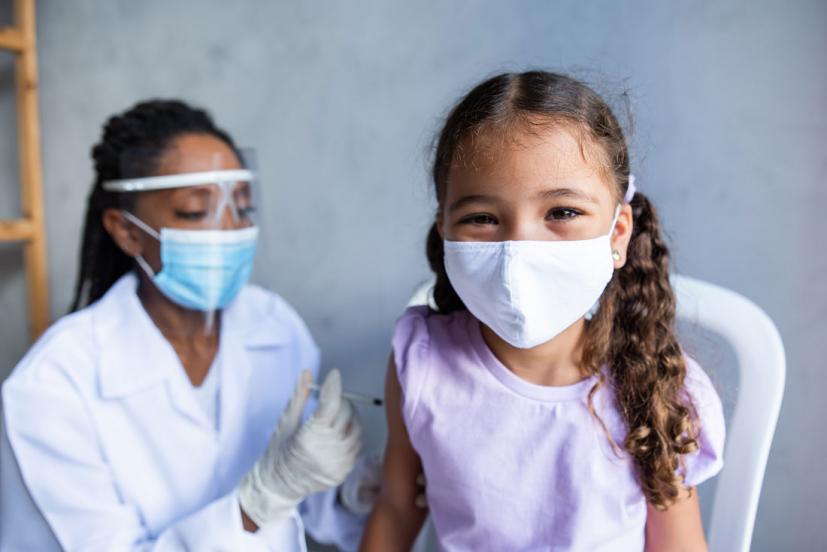
Frequently Asked Questions:
Are these vaccines safe? What were the trials like?
Yes, the vaccines are safe. In Pfizer's clinical trials, 1,678 children ages 5 and under received three doses and no new safety issues were identified. Moderna's studies included 6,700 children under 6 years old. All received two doses, and no new safety concerns were identified. Across both vaccine trials, there were no cases of myocarditis or pericarditis.
Are these vaccines the same as the adult versions?
Yes, but the doses are much smaller. With Pfizer, adults and those age 12 and up receive two 30-microgram doses. Children under age 5 receives three 3-microgram doses (one-tenth of an adult dose). Children ages 5 to 11 receive two 10-microgram doses.
With Moderna, ages 12 and up receive two 100-microgram doses. Children under age 6 get a quarter of that: two 25-microgram doses. Ages 6 to 12 receive two 50-microgram doses.
What is the vaccination schedule for this age group?
The Pfizer vaccine is administered over 11 weeks: two doses are given three weeks apart, then a third dose is given at least two months after the second. The Moderna vaccine is two doses, spaced four weeks apart.
How effective are these vaccines?
Initial results show that the Pfizer vaccine was 80.3% effective in preventing symptomatic infection. The Moderna vaccine was shown to be 51% effective in preventing symptomatic infection for children ages 6 months to 2 years, and 37% effective for children 2 to 5 years. As with adults, the vaccines are very helpful in reducing severe infection.
What are the side effects of the vaccines in the youngest age group?
The side effects are generally milder than in older children. Fussiness, sleepiness, and pain at the injection site may occur.
Will little kids need boosters?
As we’ve seen with adults, it's likely that children under 5 will also need booster doses. Moderna is already testing boosters across all pediatric age groups.
My child recently had COVID-19. Should I still have them vaccinated?
According to the CDC, children can be vaccinated as soon as they feel better and are out of isolation. While the immediate risk of reinfection is low, check with your pediatrician if your child is immunocompromised, or you are traveling to an area with a high infection rate if you are considering delaying vaccination.
Where can I get my child vaccinated?
Details are available on the Marin Health and Human Services website, or talk with your pediatrician’s office.
While the dangers of contracting COVID-19 may seem minimal for young children, vaccinating our youngest kids is ultimately a step toward keeping everyone safer and helping manage the pandemic. With greater vaccine availability, the hope is that the virus will circulate less among children, thereby also reducing transmission back to older people and ultimately reducing the virus’ ability to continue evolving into new variants.
Deciding whether, or when, to vaccinate your child against COVID-19 is an immensely personal decision, but you don’t have to make the choice alone. Whether you are ready to book a vaccine appointment or want to talk through any concerns, start by calling your pediatrician, who is the best resource for your child’s health needs.


